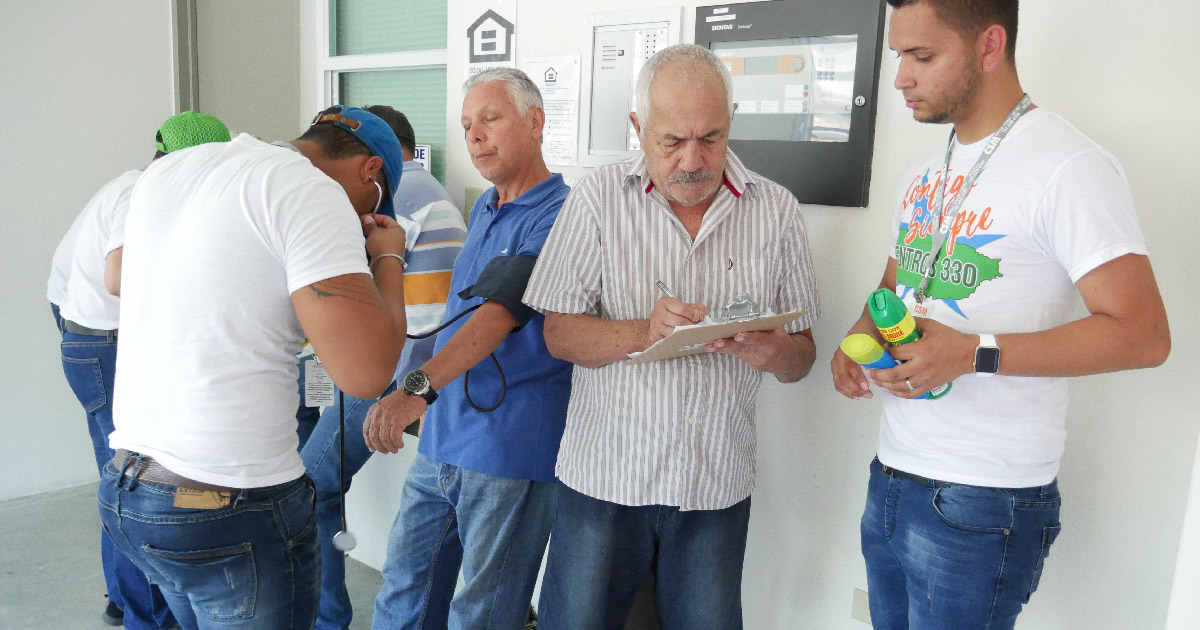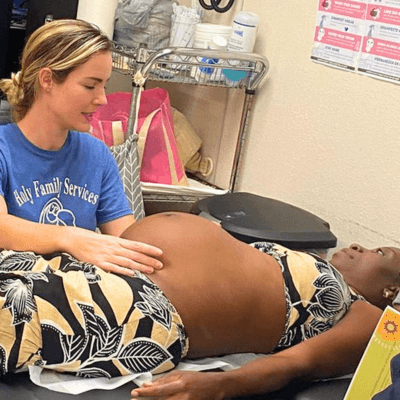Climate Change: New England Journal of Medicine Asks Clinicians to Act

Do clinicians have a role in addressing climate change? This week’s New England Journal of Medicine features an explosive perspective piece calling on clinicians to lead the fight. In “Climate Change -- A Health Emergency,” Caren G. Soloman, MD, MPH and Regina C. LaRocque, MD, MPH, declare that “as physicians, we have a special responsibility to safeguard health and alleviate suffering. Working to rapidly curtail greenhouse gas emissions is now essential to our healing mission.” They explore circles of action: starting at home with personal action (driving less, eating less meat), then continuing on to climate change-mitigating endeavors in our workplaces (pushing for climate-neutral hospital operations, asking our medical societies to divest from fossil fuels), then to efforts within our larger communities (educating patients, colleagues, and the wider community as trusted and respected members of the community), and finally expanding our focus to push for nationwide legislative action.
The piece is responding to a review article, also featured in the current issue, entitled, “The Imperative for Climate Action to Protect Health.” Authors Andy Haines, MD, and Kristie Ebi, MPH, PhD, cover the current science on observed and projected changes in the climate, as well as the health risks associated with those changes: “For more than 20 years, researchers have been investigating the implications of the observed and projected changes in weather and climate for the magnitude and pattern of adverse climate-sensitive health outcomes. However, partly because of limited funding, the evidence base remains fragmented and is particularly limited in low-income countries.” Nonetheless, the authors explore the numerous health risks already identified and occuring, from direct effects like heat-related illnesses to indirect results, like the lower nutritional quality of major cereal crops as a result of increased carbon dioxide concentrations. The estimated number of deaths related to climate change is surely an undercount, say the authors, as it doesn’t include “morbidity or the effects associated with the disruption of health services from extreme weather and climate events.”

[ people receive medical care & supplies after Hurricane Maria ]
As we saw after Hurricane Maria, health service disruptions can have stark consequences. As climate change advances, Migrant Clinicians Network continues to push for strengthened emergency response and post-disaster recovery efforts in which our most vulnerable patients are taken into account and our communities are mobilized and strengthened to be better prepared for disruptions. It is heartening to see these critical messages and calls for action in the high-impact and well-respected New England Journal of Medicine. “The Imperative for Climate Action to Protect Health” continues with a page-long outline of important adaptations, including the need to conduct “assessments of vulnerability and adaptation at local and national levels is often a first step in identifying the challenges to and opportunities for managing the health risks related to climate change.”
But adaptation is just one effort that we must take. After discussing adaptation, the authors turn firmly toward the health benefits of a “zero-carbon” economy, with a call for policy experts to take health costs into consideration -- both the substantial costs to the health system, and the growing and heartbreaking loss of life -- that result from climate change. “The pervasive threats to health posed by climate change demand decisive actions from health professionals and governments to protect the health of current and future generations,” the authors conclude.
In the coming months and years, clinicians will be a critical voice in the fight against climate change. Please join us in voicing the health implications of climate inaction and pushing for swift and significant action. Take steps in each of the arenas that the authors outline: personal, workplace-wide, community-wide, and national. Start by sharing these New England Journal of Medicine articles. Here they are once more:
Climate Change -- A Health Emergency
The Imperative for Climate Action to Protect Health
Like what you see? Amplify our collective voice with a contribution.
Got some good news to share? Contact us on our social media pages above.
Return to the main blog page or sign up for blog updates here.
- Log in to post comments






